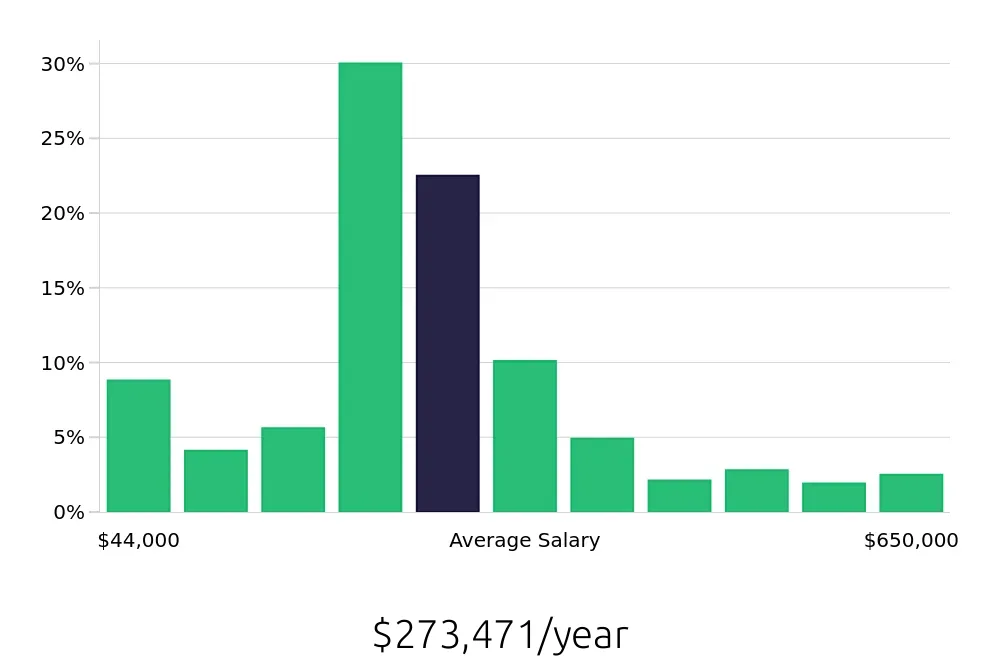Position
Overview
Physicians, also known as doctors, are medical professionals who diagnose and treat illnesses and injuries. They examine patients, review medical histories, and perform tests to determine health issues. Physicians develop treatment plans and prescribe medications or other therapies. They provide care in hospitals, clinics, or private practices. Communication skills are key as they must explain conditions and treatments clearly to patients. Physicians often work long hours and must stay updated on medical advancements.
The role of a physician involves continuous learning and adaptation. They attend to a wide range of health concerns, from routine check-ups to complex surgeries. Physicians work as part of a healthcare team, collaborating with nurses, specialists, and other staff. They must maintain ethical standards and patient confidentiality. This career demands dedication, empathy, and a strong commitment to improving health outcomes. Physicians have the opportunity to make significant impacts on individual and community health.
Becoming a physician involves a dedicated and structured process that requires commitment and hard work. Following these steps can help guide aspiring doctors through their journey:
Pursuing a career as a physician demands significant time and effort. Each step in the process builds on the previous one, leading to a rewarding profession in healthcare. Persistence and dedication are crucial throughout the journey.
Pursuing a career as a Physician requires dedication and a clear path. It usually takes about 11 years to become fully qualified. This journey starts with four years of undergraduate study. During this time, students focus on science courses such as biology, chemistry, and physics.
After completing college, the next step is medical school. This takes four more years. Students learn about various medical topics and gain hands-on experience through rotations in different specialties. Following medical school, a residency program is necessary. This program lasts three to seven years, depending on the chosen specialty. During residency, physicians work under supervision in hospitals or clinics, refining their skills. After residency, many physicians choose to complete a fellowship for an additional one to three years if they want to specialize further.
We are seeking a compassionate and skilled Physician to join our healthcare team. The ideal candidate will be dedicated to providing high-quality patient care and will have excellent diagnostic and treatment skills.
Responsibilities:
Qualifications
Pursuing a career as a physician involves many rewarding experiences. Physicians diagnose and treat illnesses, conduct medical exams, and prescribe medications. This role allows them to help people every day. It also requires strong interpersonal skills and the ability to work under pressure. A physician's work environment can range from hospitals to private practices.
Deciding to become a physician comes with both advantages and challenges. On the positive side, physicians often enjoy high job satisfaction and respect in the community. They also have opportunities for specialization, which can lead to more focused and rewarding work. However, the path to becoming a physician is long and demanding. Medical school and residency can take over a decade. The job can also be stressful, with long hours and high stakes. Balancing work and personal life can be difficult.
Consider these pros and cons before starting this career path:
Physicians enjoy a positive job outlook, with an average of 300 job positions available each year, according to the Bureau of Labor Statistics (BLS). This consistent demand highlights the ongoing need for qualified medical professionals. From 2022 to 2032, job openings are expected to increase by 1.0%, offering a steady growth rate for those in the field. This growth suggests that job seekers looking to enter the medical profession can find ample opportunities.
Physicians benefit from competitive compensation. The BLS reports an average annual salary of $162,520 and an average hourly wage of $78.14. This financial reward makes the career path attractive for those considering a medical profession. The high salary reflects the expertise, responsibility, and dedication required in this role, providing both financial stability and professional fulfillment.
With a stable job outlook and attractive compensation, becoming a physician remains a worthwhile career choice. Job seekers can look forward to a profession with good demand and rewarding pay. The combination of stable job growth and strong earning potential makes this career path an excellent option for those with the necessary qualifications and dedication.
